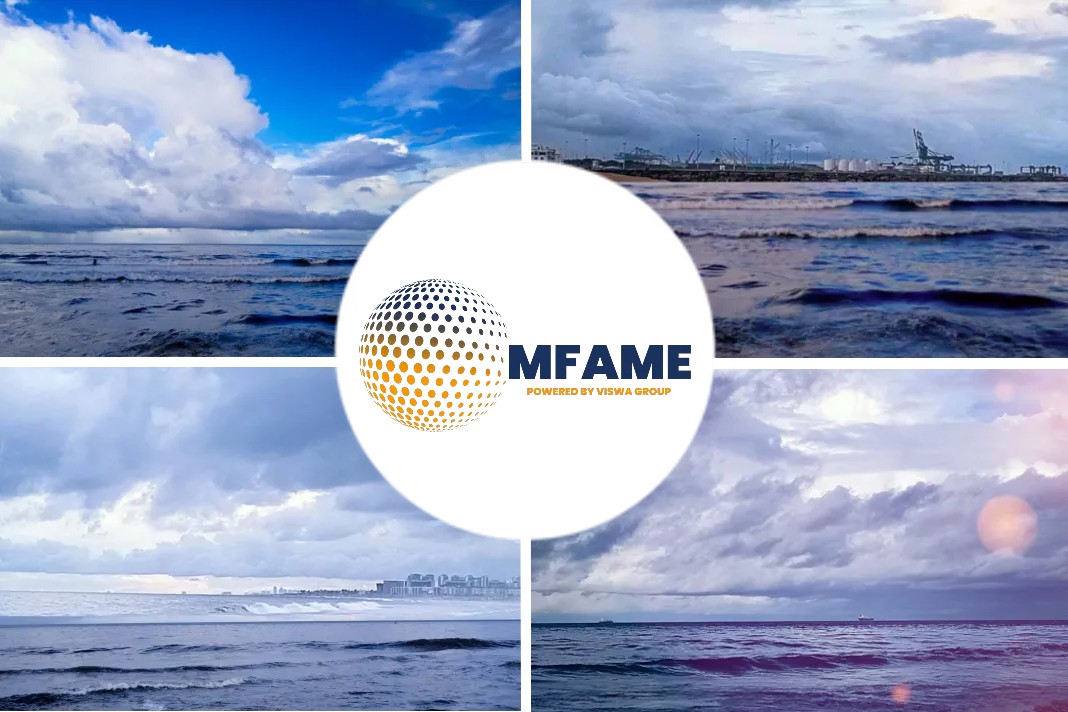
The seafarer home nations of the Philippines and Indonesia are working to equip their maritime workers with the skill sets needed to deliver a low and zero-carbon maritime sector, reports Marine Link.
Seizing opportunities for green shipping
Speaking at the ‘Seizing opportunities for green shipping in Asia and the Pacific’ conference organized by the Philippines’ Maritime Industry Authority (MARINA), on May 15, Philippine Transmarine Carriers CEO Gerardo A. Borromeo said: “There is no doubt that the skill set for a career at sea is evolving. That is why we need to ensure that we provide the right kind of education and training so future generations of seafarers are able-skilled and ready to handle the new technologies and fuels on board that will increasingly be used in the years ahead. Countries with a strong maritime workforce must keep pace with the changing requirements of our industry as we transition to a low and zero carbon future which will benefit everyone.”
With 252,392 of the world’s seafarers — 13.3% of global crewmembers — calling the Philippines home, the country’s ability to shift its training systems towards low and zero-carbon will impact the maritime sector’s progress on climate targets. The country has already taken steps to prepare with President Marcos launching the tripartite International Advisory Committee on Global Maritime Affairs in January 2023.
Skills for Prosperity programme
Indonesia is also making inroads to upskill its maritime workforce through its ‘Skills for Prosperity programme in Indonesia‘, delivered by the ILO. The country, which is home to about 7.6% (143,702) of the world’s seafarers, is modernizing its training regime through international partnerships that share knowledge as well as best practice.
The United Kingdom-funded program includes the establishment of an industry advisory board for each of the four Indonesian polytechnics involved, which aims to promote closer collaboration between education and industry, and provide clear progression for graduates into skills employment.
Did you subscribe to our Newsletter?
It’s Free! Click here to Subscribe!
Source: Marine Link
















